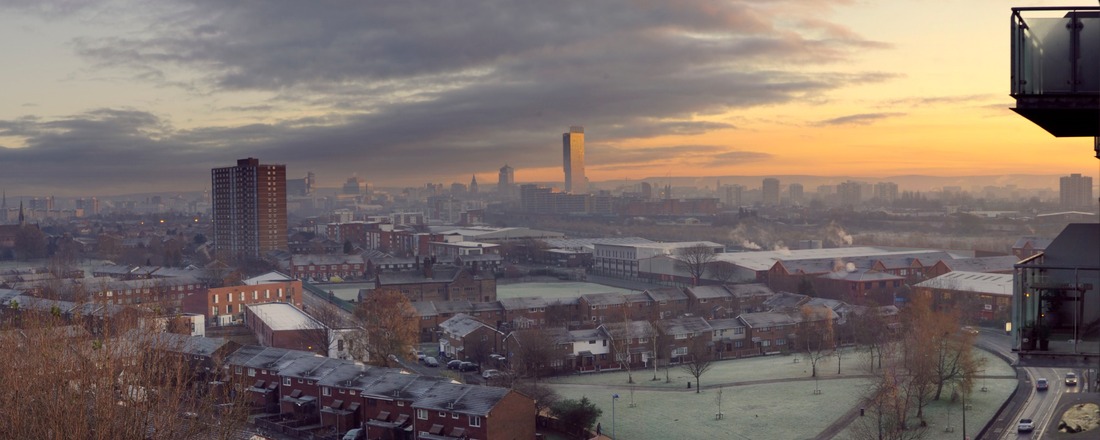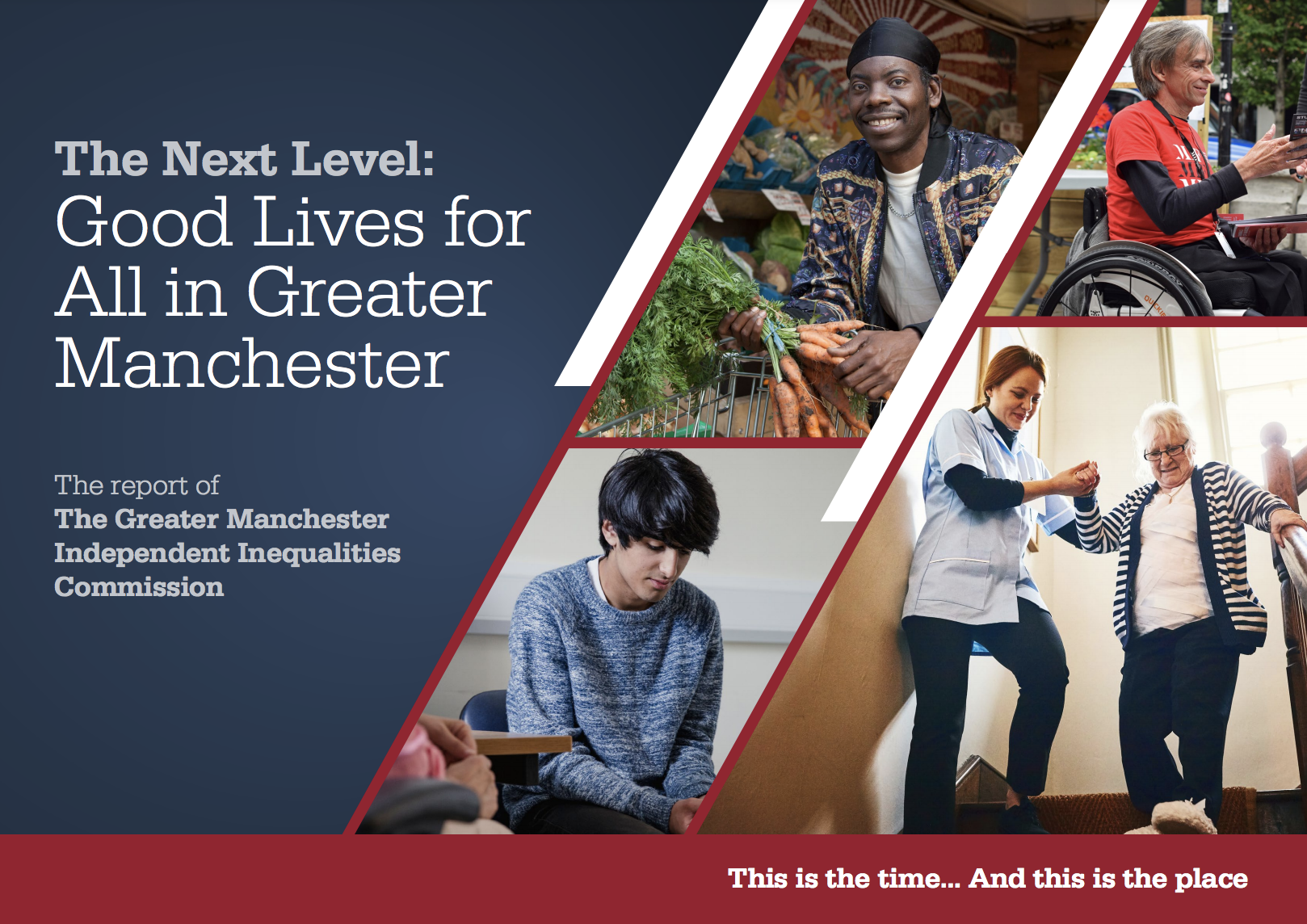Get updates from The Developer straight to your inbox Yes, please!
“Greater Manchester is on the up, but not all of it”
Inequality is not just about race and income, it’s also about place, explains Andrew Westwood, commissioner of the Greater Manchester Independent Inequalities Commission

“W e are trying to understand why places are poor, why people in places are poor, why they experience discrimination of different types, why their life choices are less, why their health is lower… These are major factors in place-based inequality,” says Andrew Westwood, Vice Dean for Social Responsibility at the University of Manchester and Professor of Government Practice.
I’m speaking to Westwood for The Developer Podcast. We’re discussing his role as Commissioner on the Greater Manchester Independent Inequalities Commission, which has just released a report, The Next Level: Good Lives for All in Greater Manchester.
The Next Level calls for radical interventions to reduce income and social inequality, and a lot of its recommendations are about property, housing and placemaking. Its 17 recommendations include the scaling up of public and social sector housebuilding, place-based pilots in 10 deprived neighbourhoods and a land commission examining ownership and control of land in Greater Manchester.
“The vision we describe is not utopia and it is not a pipedream. Everything we describe is already happening somewhere,” reads the report’s introduction.
Listen to the interview
The report calls for a new way of doing things “that puts tackling inequality at its heart,” but acknowledges that some changes fall outside of Greater Manchester’s control – “for instance, the urgent need to repair our social safety net by reforming Universal Credit and lifting statutory sick pay.”
The key recommendation is to put wellbeing and equality goals at the heart of everything they do, aligning budgets, portfolios and activities to these core aims. Other initiatives include a People’s Taskforce and Assembly, and independent Anti-discrimination body and a Race Equity Strategy.
Westwood describes the commission, created by Greater Manchester Mayor Andy Burnham, as a reaction to the new Mayoral powers “that were fundamentally economic in their nature”. The report presents key ways that these new powers could seek to shift wealth, power and opportunity to more deprived areas.
What started as a stocktake of the social consequences of austerity and local authority cuts, however, is now a manifesto for a true levelling up. “It came together in a rush, fuelled by Covid and the Black Lives Matter movement,” Westwood says.
“The UK and England in particular is incredibly unequal economically, perhaps the most unequal country in the OECD,” Westwood says. “The difference between the richest regions and the poorest is larger than virtually every other country in Europe and the OECD. And those gaps are replicated within regions and within city regions.”
“That kind of inequality is not just about race and income, it’s also about place.”
Dr. Kate Pickett, Chair of the Greater Manchester Independent Inequalities Commission, will be speaking at Festival of Place: Gender Equal Cities on 7 June. Buy tickets here
--
Sign up to our newsletter to receive our content in your inbox and find out when new episodes go live
Sign up to our newsletter
Get updates from The Developer straight to your inbox
Thanks to our organisation members
© Festival of Place - Tweak Ltd., 124 City Road, London, EC1V 2NX. Tel: 020 3326 7238

